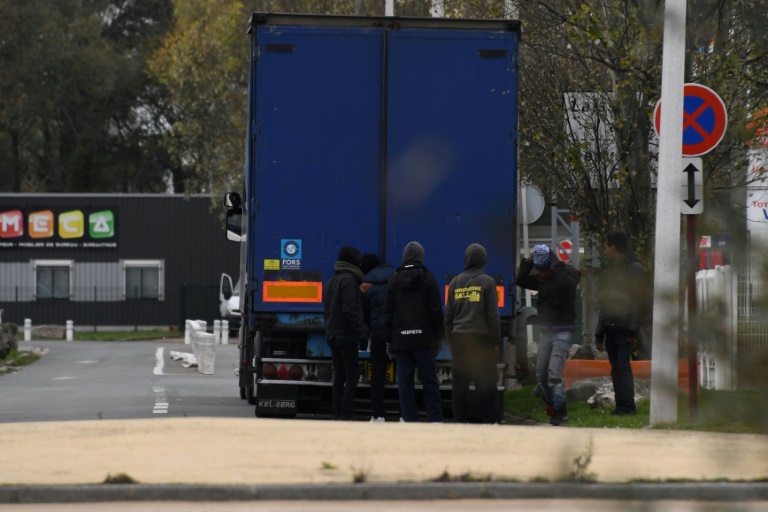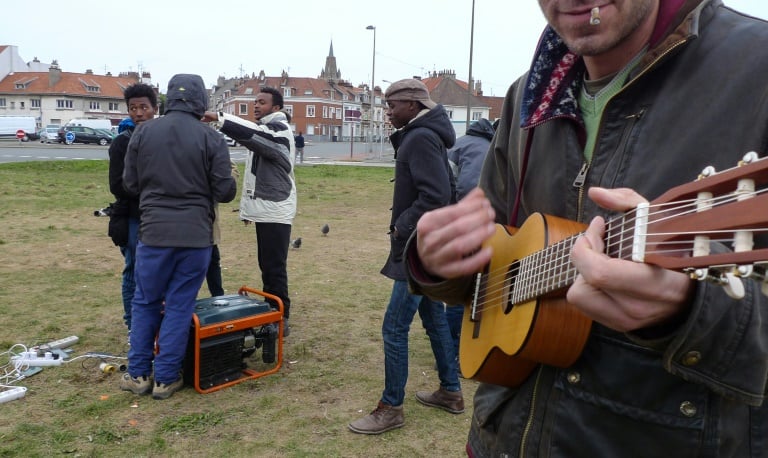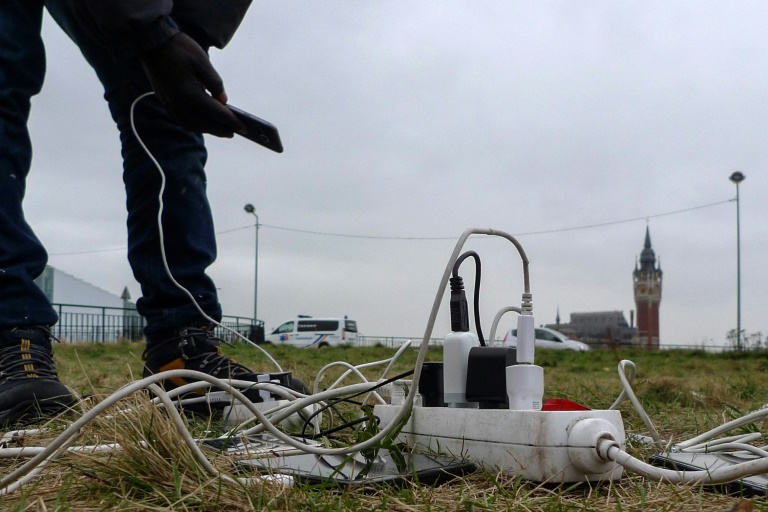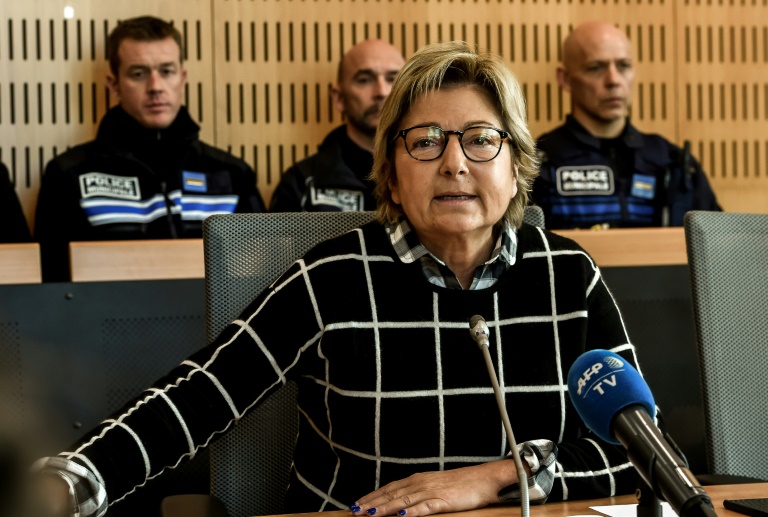When the squalid Jungle camp near Calais was demolished last year, France hoped it was the last time migrants trying to reach Britain would be sleeping in tents and makeshift shacks outside the port city.
But just over a year later, as another winter sets in, there are still hundreds of migrants bracing for the cold, desperate to cross the Channel and to make a fresh start in Britain.
This time, however, they do not have a camp or even tents to sleep in, and a pledge by authorities to provide shelter will kick in only when daytime temperatures fall below minus five Celsius (23 Fahrenheit) and minus 10 (14 Fahrenheit) at night.
“My birthday is in a few days, but I don’t think I’ll be celebrating,” said Mohammad, a 23-year-old from Syria, as he and several other migrants gathered at a community kitchen run by the Auberge des Migrants NGO.
Even though the harshest winter weather has not yet hit, most are already exhausted as they battle the cold and the lack of sleep.
Having been here just four days, Mohammad tries to look on the bright side as he warms his hands over a portable heater.
“It’s tough, it’s really cold. But me? I’ve no problems with clothing and I’ve got a sleeping bag,” he says.
Another Syrian, who is also named Mohammad and is seven years older, doesn’t have it so good.
“I need some better shoes,” he says, pointing to the holes in the ones he is wearing.
“I ask every day” if local associations might have some — but so far in vain.
– Shoe confiscations –

NGOs working in Calais say police often confiscate the belongings — sometimes even the shoes — of migrants hoping to cross the Channel to Britain
Proper footwear is a major issue for many of the migrants. Some associations blame the local authorities for confiscating the meagre possessions that the asylum seekers do possess — sometimes even their shoes.
“Belongings are confiscated and destroyed systematically, from sleeping bags to tents, shoes and personal items,” says Franck Esnee, regional coordinator from the NGO Medecins du Monde.
“We have to distribute every week, or even more often,” says Sylvain Marty of the Auberge des Migrants, pointing to shelves of sleeping bags in storage.
“The refugees don’t understand why one guy brings them blankets and then another takes them away the next day,” he says.

Hundreds of migrants are camping out in the cold near Calais
Contacted by AFP, a spokeswoman at the local prefect’s office, which represents the French state in the Calais area, confirmed that “dismantling operations have taken place.”
But she added that “migrants are always invited to keep their personal effects” — assuming they are present.
But those who are not — who may have gone to a food distribution point, for instance — will see their belongings taken away.
– Cold ’24 hours a day’ –
“I’ve been here for four months, I sleep in the street,” says Girmoy, a 42-year-old Eritrean, as he heads for the food queue.
“I’m alone, I’m cold 24 hours a day.”
About 40 police officers arrived at the start of the week, swelling the ranks of a 1,130-member force in the region, of whom 440 are charged with what the authorities call the “migration problem”.

Local associations provide food and basic essentials as well as a chance for refugees to charge their mobile phones
“The state must understand the solution is not to act as if the migrants are invisible,” Esnee said, calling the authorities’ plans to deal with the problem “not good enough”.
Esnee adds that migrants who fill the 300 spaces available at four reception centres the government has opened across the region leave after just a night or two, with most having no intention of claiming asylum in France.
Given the extreme conditions they face, some take to drinking to blot out the cold.
Natacha Bouchart, the conservative mayor of Calais, last month denounced migrants who she said “drink a lot, down litres of vodka and get into fights”.

Calais’ mayor Natacha Bouchart, of the conservative Les Republicains, last month accused some migrants of getting drunk and getting into fights
The alleged rape of a local woman by a 22-year-old Eritrean some days later added to the tensions.
Marty of the Auberge des Migrants said he had helped to organise meetings with some of the migrants “to tell them to go easy on the alcohol, which they have done.”
But the cold and alcohol are both proving hazardous, sometimes jointly.
“One morning I picked up someone suffering from hypothermia. He couldn’t wake up after drinking the previous day and had to spend two days in hospital.”






